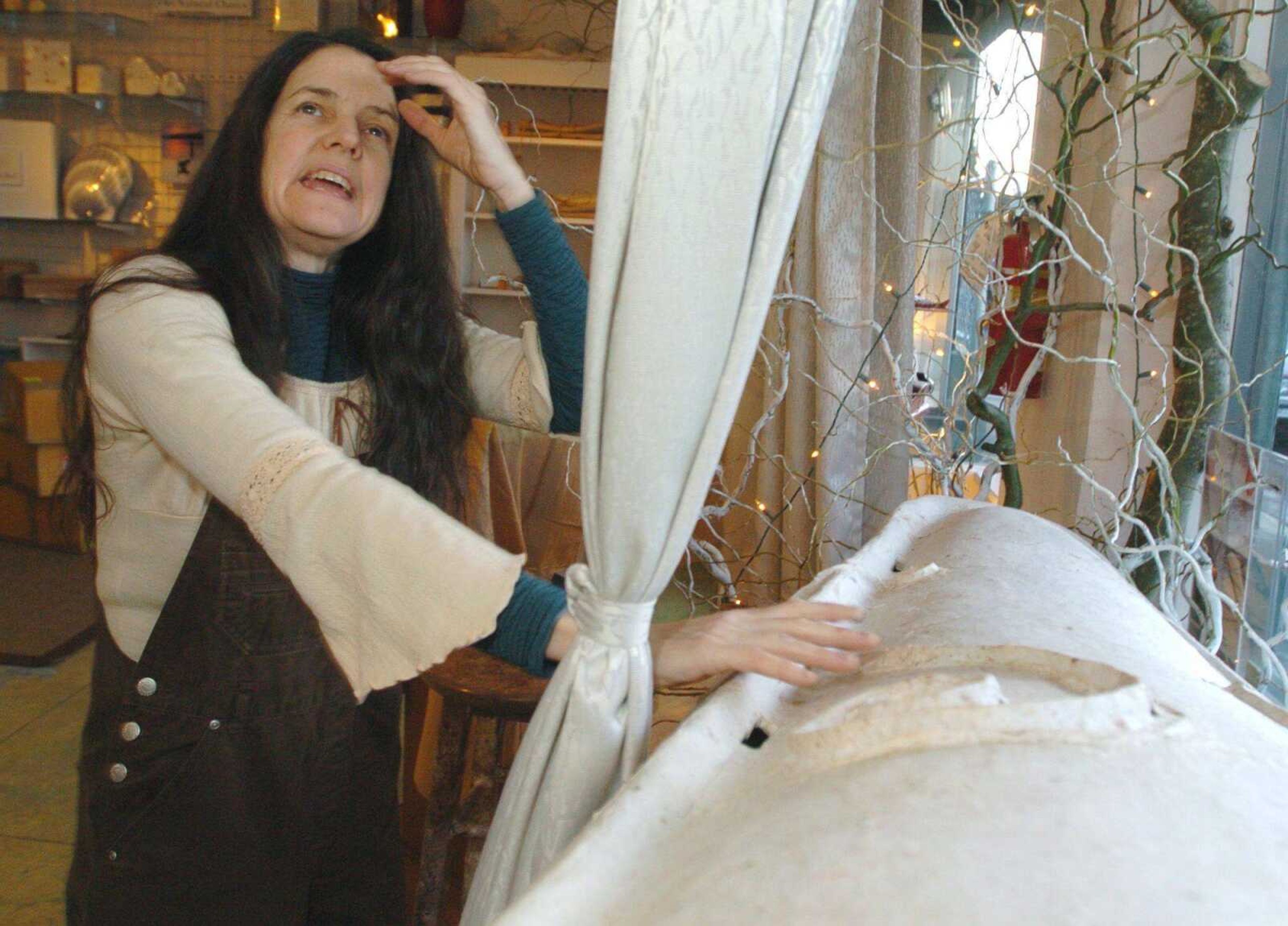Biodegradable coffins part of eco-friendly funeral trend
PORTLAND, Ore. -- Cynthia Beal wants to be an Oregon cherry tree after she dies. She has everything to make it happen -- a body, a burial site and a biodegradable coffin. "It is composting at its best," said Beal, owner of The Natural Burial Company, which will sell a variety of eco-friendly burial products when it opens in January, including the Ecopod, a kayak-shaped coffin made out of recycled newspapers...
PORTLAND, Ore. -- Cynthia Beal wants to be an Oregon cherry tree after she dies. She has everything to make it happen -- a body, a burial site and a biodegradable coffin.
"It is composting at its best," said Beal, owner of The Natural Burial Company, which will sell a variety of eco-friendly burial products when it opens in January, including the Ecopod, a kayak-shaped coffin made out of recycled newspapers.
Biodegradable coffins are part of a larger trend toward "natural" burials, which require no formaldehyde embalming, cement vaults, chemical lawn treatments or laminated caskets. Advocates say such burials are less damaging to the environment.
Cremation was long considered more environmentally friendly than burials in graveyards, but its use of fossil fuels has raised concerns.
Eco-friendly burials have been popular in Britain for years, but industry experts say it's starting to catch on in the U.S., where "green" cemeteries hosting natural burials have sprouted up in California, Florida, New York, South Carolina and Texas.
The majority of eco-friendly burial products come from overseas -- including the Ecopod, which is made in the United Kingdom -- although there are a few domestic makers. Options range from natural-fiber shrouds to fair-trade bamboo caskets lined with unbleached cotton. There are also more traditional-looking handcrafted coffins made of wood certified by the Forest Stewardship Council.
The market is potentially huge. U.S. funeral homes generate an estimated $11 billion in revenue annually and that figure is sure to grow as baby boomers age.
There are already specialty funerals, featuring caskets with custom paint jobs and urns with the insignia of a favorite team. Industry experts say eco-friendly funerals are just an extension of such personalized end-of-life planning.
Biodegradable containers cost from around $100 for a basic cardboard box up to more than $3,000 for a handcrafted, hand-painted model.
"It's hard to tell if it's a fad or if it's here to stay," said Bob Fells, of the International Cemetery, Cremation and Funeral Association. "We are certainly positioning ourselves that if this is what the community wants, we are ready to serve them."
The Green Burial Council is working on certification programs to verify the commitment and quality of providers who say they are going natural.
"What we are trying to do is to make sure this concept doesn't get 'green-washed' down the drain," said Joe Sehee, the council's founder and executive director.
Connect with the Southeast Missourian Newsroom:
For corrections to this story or other insights for the editor, click here. To submit a letter to the editor, click here. To learn about the Southeast Missourian’s AI Policy, click here.










